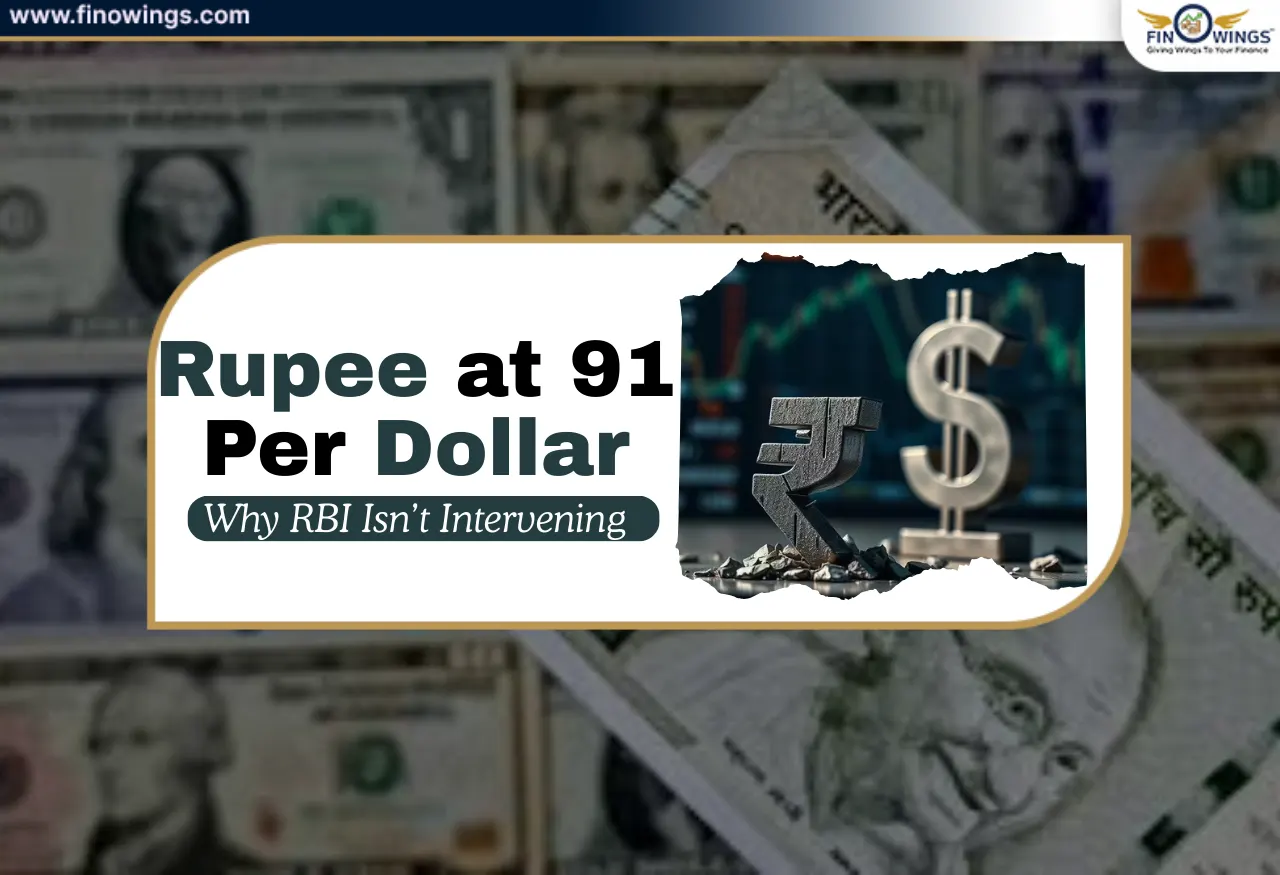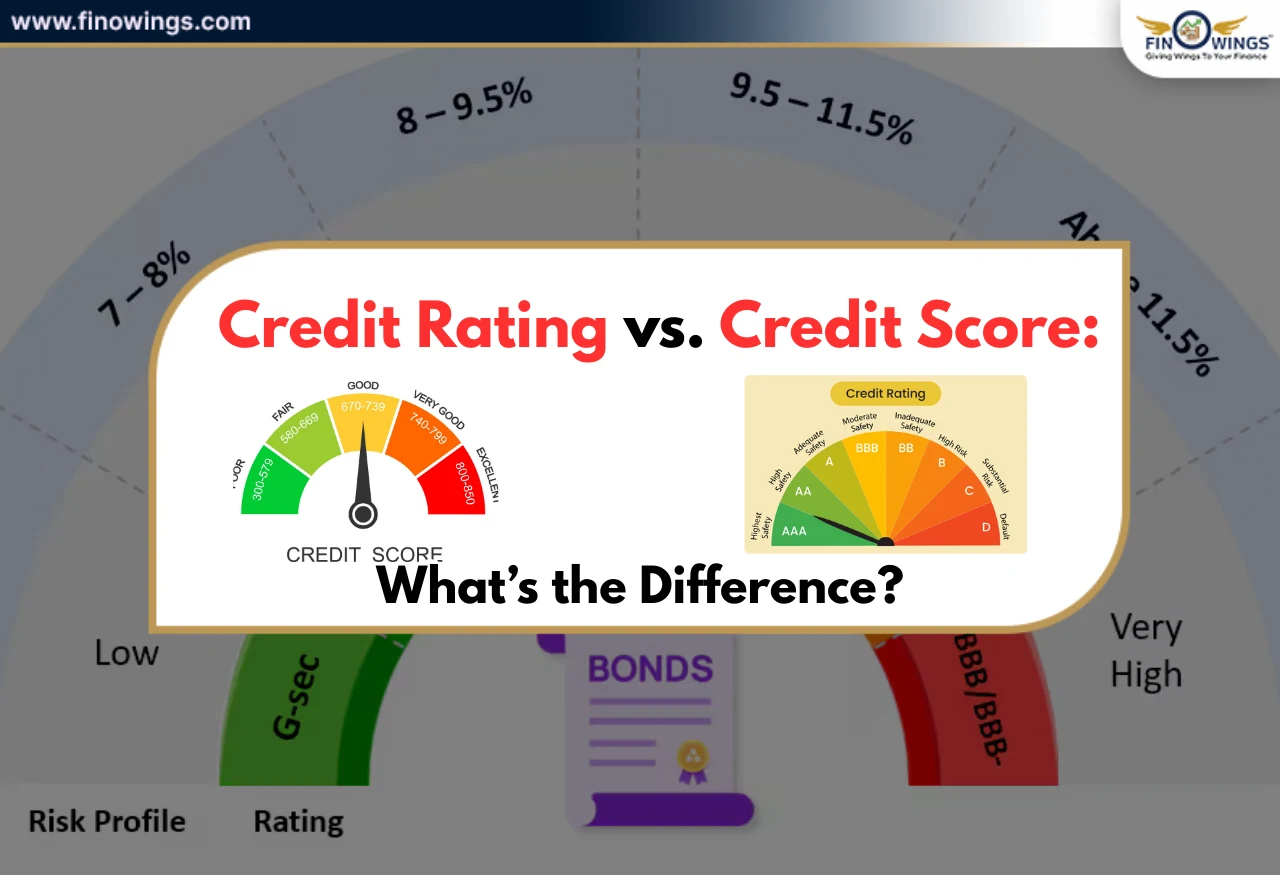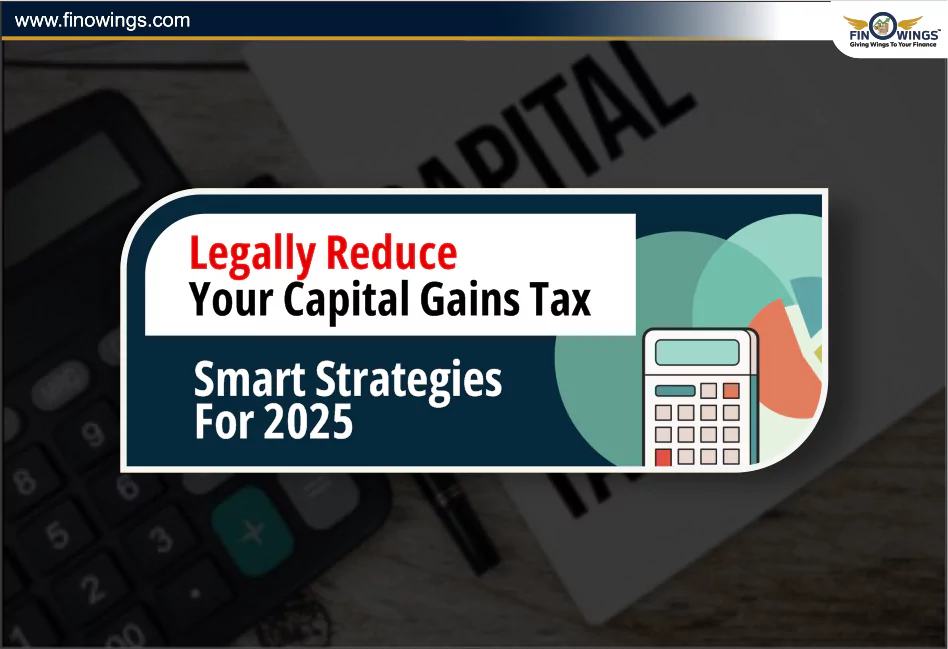Home >> Blog >> What is Time Value of Money? : Formula & Examples
What is Time Value of Money? : Formula & Examples

Table of Contents
What is Time Value of Money? Formula & Examples
Ever thought about why Rs. 100 right now is better than Rs. 100 a year from now? This is due to the Time Value of Money (TVM) which is crucial in finance and investing. Knowing the time value of money meaning will help you better assess the importance of borrowing and investing, and planning for a better retirement.
In this guide, we will explore the time value of money definition, real life application, formula, and some examples.
What is the Time Value of Money?
The Time Value of Money (TVM) means over time the value of money changes and the value of a specific amount of money today will be greater than the same amount in the future due to interest or returns.
In simple terms:
Money available today is worth more than the same amount in the future because it has the potential to earn.
Time Value of Money Definition
In theory, finance describes the principle of time value of money as a more valuable cash flow today compared to a future cash flow. The following factors contribute to this:
-
Inflation (over time, things cost more)
-
Opportunity cost (you can put money to work right now)
-
Risk and uncertainty (the future value is never certain).
Time Value of Money Example
Present Value
As a result, choosing the $8,000 now is a better financial decision because its value (if invested) exceeds the discounted value of the future payout. Receiving $10,000 in two years is only worth around $7,972.70 today.
Future Value
As a result, your $10,000 now will increase to $12,544 in two years, demonstrating how the value of money rises over time.
(Sources: Indeed, Investopedia)
Time Value of Money Importance
The time value of money is the foundation of financial planning and investment choices. It allows you:
1. Compare Investments:
TVM allows investors to determine which investment will yield the greater returns over a given period.
2. Understand Loan Payments:
Lenders determine and structure interest, EMIs, and loan payments, especially when using the TVM.
3. Make Retirement Plans:
It helps to determine how much you should put away today for future financial goals.
4. Evaluate Business Projects:
Businesses assess the profitability of projects using TVM, especially in NPV (Net Present Value) and IRR (Internal Rate of Return) methods.
5. Handle Inflation Effectively:
Understanding the time value gives you an idea of how inflation decreases the value of your money.
Real-World Example
Consider two individuals, Riya and Aman:
Riya invests ₹50,000 today at an annual return of 10%.
Aman invests ₹50,000 two years later at the same return of 10%.
After 10 years:
Riya will have ₹1,29,687
Aman will have ₹1,06,040
Riya has earned ₹23,647 more simply because she started investing sooner! This illustrates the time value of money - the sooner an investment is made, the more wealth becomes available.
Final Thoughts
Every student, working professional, or just about anyone, must understand the concept of the time value of money. This will help you understand that time is money, and time is money literally. It is important to remember: a rupee today is more valuable than a rupee tomorrow. So, remember to invest early and let the power of compounding work for you.
DISCLAIMER: This blog is NOT any buy or sell recommendation. No investment or trading advice is given. The content is purely for educational and information purposes only. Always consult your eligible financial advisor for investment-related decisions.
Author
Frequently Asked Questions
The time value of money concept helps in determining the value of an amount of money in both the present and the future. The concept is about the fund you have at present is always greater in value than the same fund in future.
The time value of money aids investors in choosing the optimal investment opportunity based on the money's present and potential future value.
Most definitely. The time value of money is greatly impacted by inflation. It decreases the value of money over time.







.webp)










